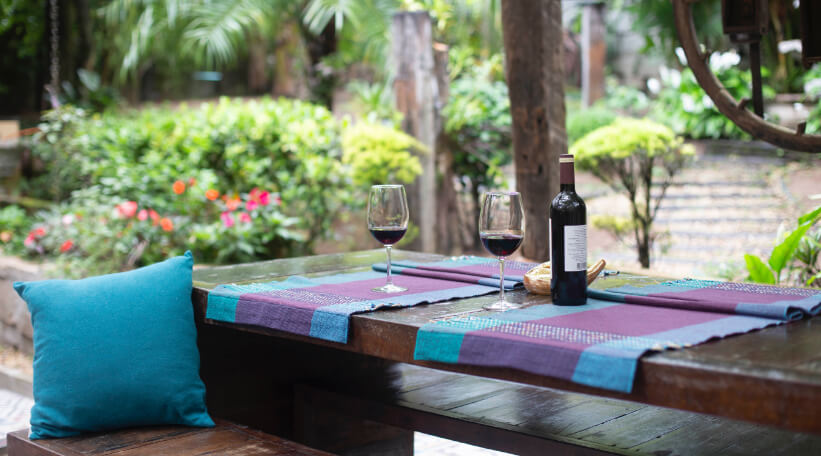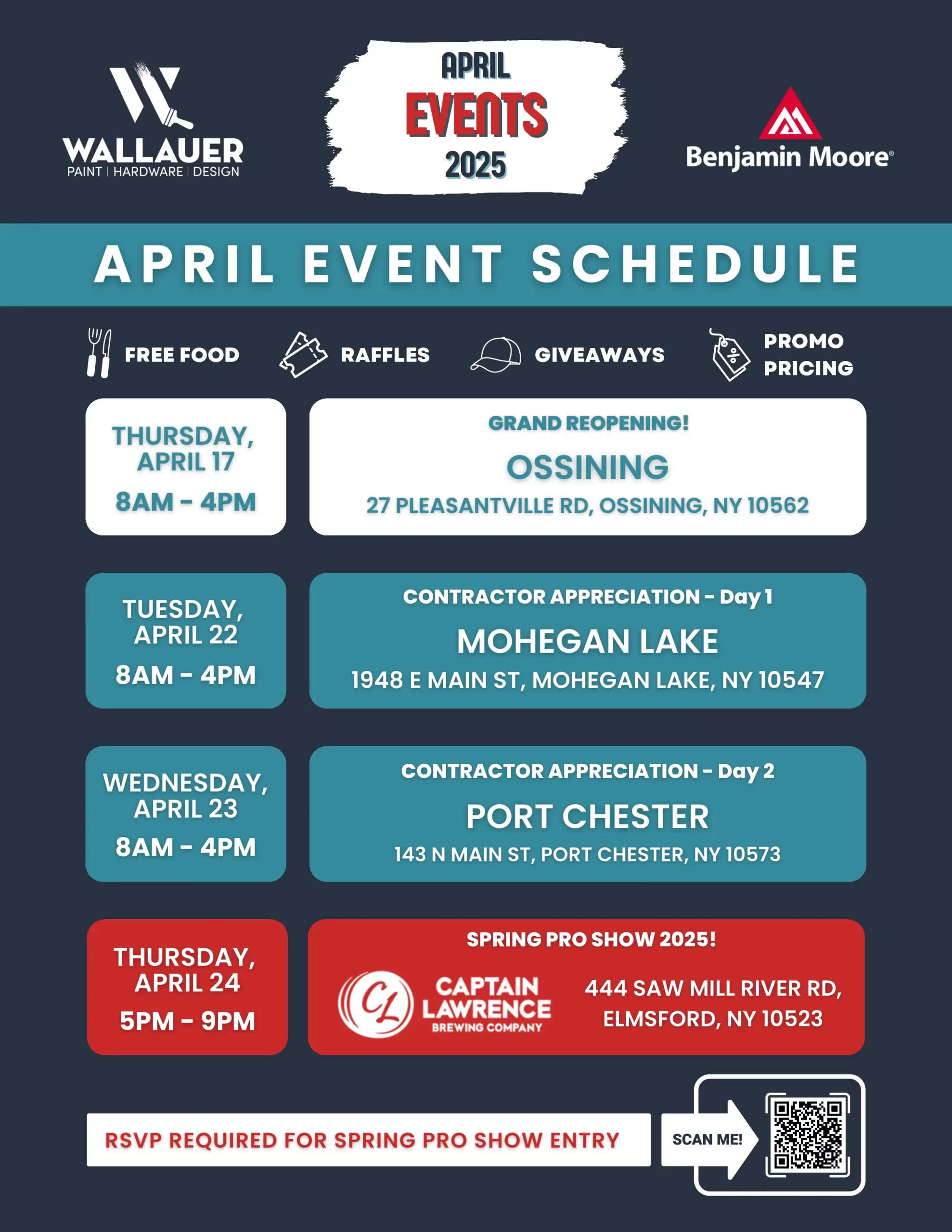Like interior spaces, exterior spaces need decorating, too.
By Tammy Adamson-McMullen
Patios, decks, porches and gardens increasingly have become expansions of our living space. This is especially true now, as we’ve found ourselves by choice or necessity more at home than ever before.
To be more “livable,” outdoor spaces should be as well decorated as interior ones with an eye toward color, style and comfort. The two areas don’t have to be identical matches. However, there needs to be flow from the inside to the outside so that your senses aren’t jarred as you step from one to the other. If your outdoor spaces are missing this mark, there’s no time like the present to make a few changes.
Color
Many homeowners prefer a little more color in their outdoor spaces, but interior/exterior schemes should still be companionable. The best way to achieve this goal is to carry similar colors from the inside to the outside—but with a slight change-up.
As an example, if the interior of your home has a monochromatic color scheme, then steer away from brightly colored furnishings and accessories on the outside. Opt instead for a similar monochromatic scheme—maybe with slightly darker or lighter hues—and with another color tossed in for variety. The additional color might appear in seat cushion patterns, plant containers, outdoor dinnerware, or an outdoor rug. It might even extend to an architectural element, like a trellis or exterior door.
Try to coordinate not only the hues of your outdoor colors but also their tones. If your scheme is made up of pastels, then avoid introducing strong primary colors. If your scheme has tropical brights, then steer away from tinted neutrals.
If your current outdoor furnishings are “off” in color and you can’t afford to buy new, then try painting them. Furniture pieces, flower pots, window boxes and many accessories are all good candidates for painting and can help move you down the road toward cohesive design.
One last note: If you want to more colors to your exterior scheme, do so sparingly to avoid throwing off the palette. Or better yet, add colors with flowers. As a wise gardener once said, there is no wrong color in a flower bed.
Style
The style you’ve established inside your home also should be reflected outside. Here are a few suggestions for creating interior/exterior flow with various styles:
- If your style is traditional, then a wrought iron patio set might be your cup of tea, along with cushions in traditional patterns, like stripes or fleur dis lis. Select exterior lighting and hardware fixtures in wrought iron, too. Carriage lamps are ideal for this style.
- For mid-century modern styling, look for patio sets with clean lines and metallic constructions, such as stainless steel or aluminum. Choose cushions with large-scale patterns inspired from the 1950s or ’60s. Complement the set with a bright brass bar cart and geometric outdoor rug.
- If you prefer contemporary styling, then modular seating with angular constructions and solid-color cushions are a good choice. For this style, less is definitely more. Keep clutter and pattern to a minimum and refrain from adding accessories that look too fussy.
- For industrial styling, select wire-mesh or metal-slatted furnishings. You might look for these items at yard sales and then paint them as needed (but don’t make them too perfect). Add galvanized planters and a string of outdoor Edison lights.
- If your style is cottage or country, choose wicker or white-washed furnishings with floral or plaid cushions—or a mixture of the two. Adirondack chairs are especially well-suited for this style, as are mason-jar patio lights, woven outdoor rugs and rustic pottery.
You’ll notice that the examples above include accessories, which should add to the style you want to achieve. On modular pieces, for instance, you wouldn’t want to add frilly pillows; however, frilly pillows would look great tossed on wicker rockers!
Last but not least, don’t forget to maintain all of your exterior painted and stained surfaces—such as decks, porch rails, steps and siding—to keep your al fresco style looking fresh. Keep furnishings looking new, too, by touching them up with paint or stain, as the piece warrants.
Comfort
The best way to create a comfortable outdoor space is to think how it will be used. If it’s meant for entertaining, then set up chairs, loungers and ottomans to facilitate chatting—maybe with a firepit or outdoor heater included for warmth. Place side tables near chairs for holding drinks and plates of food. And consider adding an outdoor area rug to “ground” the space and make it softer underfoot.
Also, set the dining table as you would inside—with placemats, runner, napkins, etc. If the placemats and runner are made from a weather-resistant material, you can simply wipe them off and leave them until the next outing.
If the space is meant as your own private oasis, limit the seating and make sure cushions are the most comfortable you can find. Cordon off your oasis with large potted plants, a standing patio umbrella or outdoor curtains made specifically for that purpose. Also, don’t forget to incorporate lighting sources—such as solar lights, string lights and candles—and garden artwork that appeals to your sensibilities. This space, after all, is about you!
Whether the space is public or private, be sure to add plenty of outdoor pillows, which are relatively inexpensive. Weather-resistant pillows come in all sorts of colors and patterns and clean up easily with a little soap and water. Layer the pillows on chairs, benches, loungers and anywhere that could use a little extra “cush.”

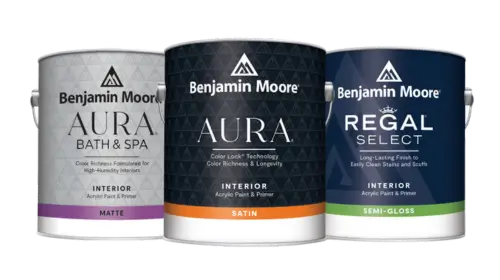 Interior Paints
Interior Paints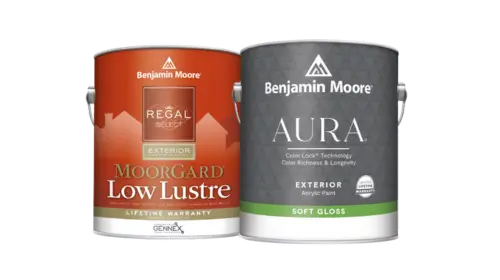 Exterior Paints
Exterior Paints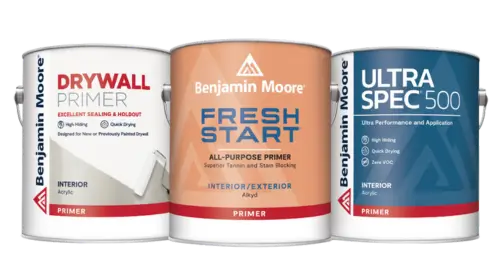 Primers
Primers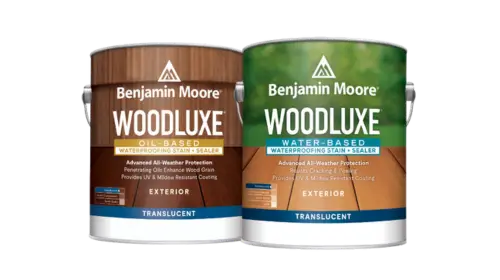 Stains & Clears
Stains & Clears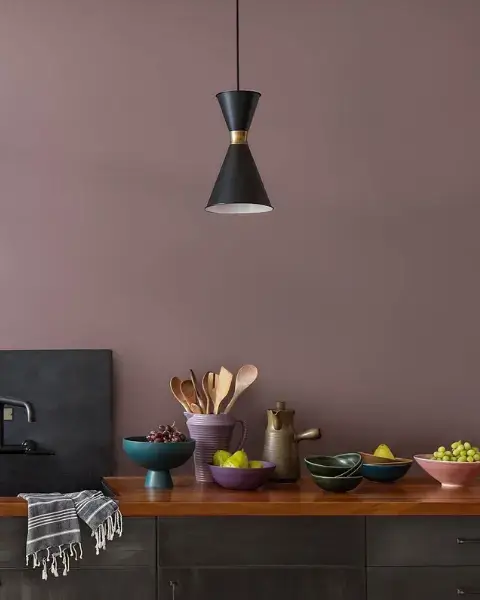
 Paint Brushes
Paint Brushes Paint Roller
Paint Roller Paint Trays & Liners
Paint Trays & Liners